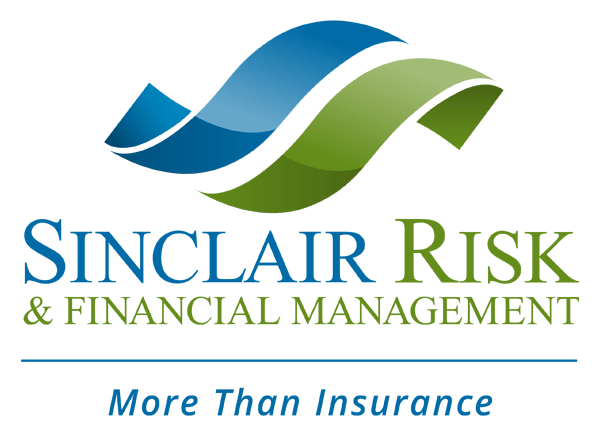New Haven Financial Planning: Individual Charitable Giving 
Last year Zuckerberg gifted 18 billion shares of Facebook stock worth roughly $992.2 million to a Silicon Valley Community Foundation maintaining the title of America’s largest donor. He is also the youngest billionaire to make the largest annual contributions to charity, out-giving ageing tycoons Warren Buffet and Nike founder Phil Knight in their contributions. The Chronicle of Philanthropy 2013 report indicates that individual contributions rose to $3.45 billion, a promising sign for charities and organizations.
While not everyone can offer nearly billion dollars to philanthropic endeavors and earn themselves the title “most charitable giver,” many high-worth individuals choose to mitigate their high capital gain tax exposure through charitable giving. Charitable donations are one of many tax deductions offered by the IRS, which can prove good for your mind and your wallet. The proper New Haven financial planning strategy can make a big difference in achieving your philanthropic goals.
The IRS currently allows a maximum deduction of up to 50% of your annual income for charitable contributions, but you’re giving doesn’t have to stop there. Donations can come in various form including monetary, property, and stock and bonds. It is important to understand the requirements when filing your tax deductions with the IRS. To claim your deductions you must file a Form 1040 and be sure to itemize your deduction using a Schedule A form.
Keep in mind that the size and type of donation also require specific documentation proving the validity of your contribution to a “qualified organization.” All contributions require a receipt with the charity’s name and description of the contribution, although some contributions have more explicit requirements. In addition to written confirmation of receipt from the organization, property contributions over $500 require detailed records of how the property was acquired, including the date you received the item. Bank records are needed for any monetary donation exceeding $250 along with written confirmation from the organization as well. When claiming a donation maid for which you received some form of compensation, you may claim the amount you contributed minus the fair market value of your reward. For example if you donated $100 and received two event tickets worth $40 combined, then your deductible donation amount would be $60.
Financial planning can be hard and often individuals make costly mistakes mismanaging and misallocating their funds. At Sinclair Risk & Financial Management our financial planners offer a wide range of solution to maximize your efforts. Our Charitable Giving Financial Planning strategies can help you find a plan that works best for your needs and abilities, so you can feel proud to do your part helping your favorite humanitarian efforts and charities. We also offer wealth transfer strategies and retirement planning consultation. Call us today at (877) 602-2305 so we can help you create a financial strategy that is right for you.
